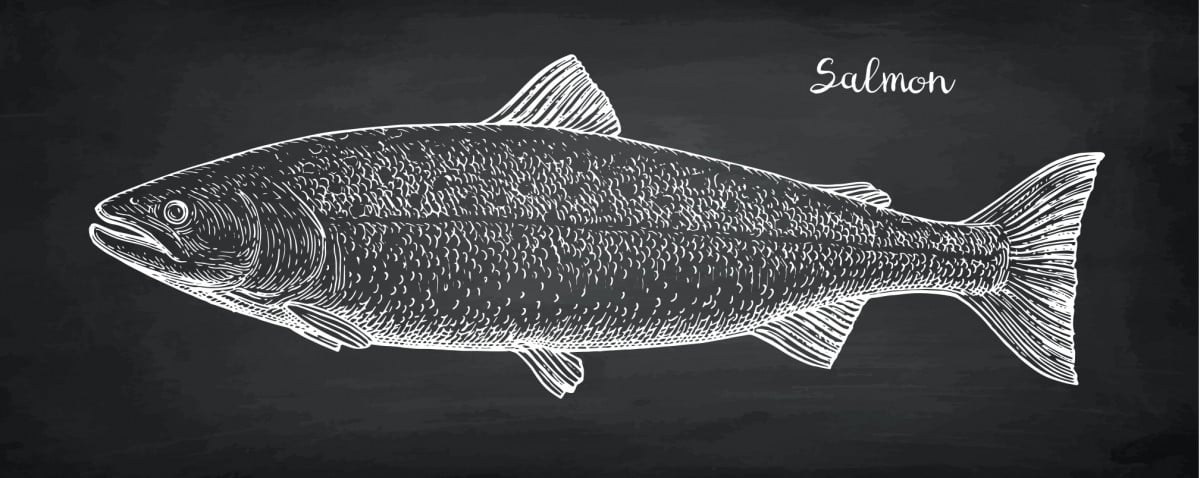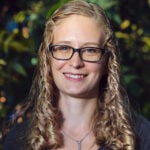GFI’s Sustainable Seafood Initiative awards new grant for Atlantic salmon cell lines

One of the top priorities for GFI’s Sustainable Seafood Initiative is getting cell lines from seafood-relevant species into the hands of researchers. For researchers working to solve downstream problems and develop cultivated meat, the time and resources it takes to create and characterize new cell lines are significant barriers to entry. This is a particular concern for seafood, because of both the wide variety of aquatic species we regularly consume and the lack of publicly available cell lines suitable for cultivated seafood. To help reduce these barriers and enhance cultivated meat development, GFI’s Sustainable Seafood Initiative is providing grants to researchers working on cell line isolation and streamlining distribution of cells via our recently announced partnership with the reagent company Kerafast.
We’re excited to announce our latest cell line development grant, which we’ve awarded to David Kaplan’s lab at Tufts University. Led by graduate student Kyle Fish—the best possible name for a sustainable seafood researcher—the project team also includes Andrew Stout, Natalie Rubio, and John Yuen. Kyle and the team plan to create lines from Atlantic salmon myosatellite cells, a type of adult stem cell that is a precursor to muscle cells.
Atlantic salmon is both a popular food species with associated environmental consequences, especially from the use of wild-caught forage fish as feed for salmon aquaculture operations, as well as a species with a fairly solid base of research into its biology.
We hope that by supporting work into publicly-accessible lines from both embryonic and adult stem cells, we can make it easier for researchers to learn about the advantages and disadvantages of different starting materials. Answering these questions will bring us a little bit closer to the day when you can visit your local supermarket and pick up a beautiful fillet of cultivated salmon. You could enjoy that salmon knowing that you are not contributing to depletion of fisheries, polluting effluents from aquaculture operations, or the outsized resource burden that comes from using fishmeal and fish oil as feed.
Upon completion of the project, the cell lines will be available for research use to both academics and for-profit companies via Kerafast. Commercial licenses will be available from Tufts. Not only will these lines contribute to academic research, but they might also make it onto your dinner plate.
GFI is proud to be working with Kyle, Andrew, Natalie, and John, and we look forward to seeing the results of this project!
For more information on GFI’s Sustainable Seafood Initiative and our work to advance cultivated seafood, visit www.gfi.org/seafood.

